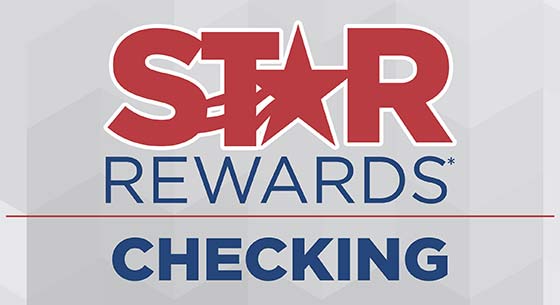Some of the most successful scams are pulled off by imposters. These scammers pretend to be your family, friends, coworkers, online retailers or even financial institutions with one goal in mind - gaining access to your money.
Here are three examples of imposter scams and simple tips to help you spot an imposter and stay safe.
1. Bank or Credit Union Impersonators: Someone claiming to be from Town & Country Credit Union calls or leaves you a voicemail. They may even know some of your personal information.
Scammers have the ability to "spoof" your caller ID and make it look like they are calling from any phone number, making it easy for them to pretend to be someone from a bank or credit union.
Stay Safe Tip #1: If someone calls you from your credit union, hang up and call the credit union using the phone number from their website. Don't call someone back using a phone number they leave in a voicemail unless you know for certain that it is the bank or credit union's phone number.
2. Family Impersonators: Someone pretending to be a family member gets in touch asking you for money, and they need it immediately.
Stay Safe Tip #2: Before you send money to a family member, always call your relative to confirm their actual situation.
3. Government Impersonators: Someone claiming to be from the Social Security Administration, the local Sheriff's office, the IRS, the FTC or Medicare says that if you don't pay or give them your personal information something bad will happen.
Government agencies will not call, email or text you asking for money or personal information.
Stay safe tip #3: Never wire money, send cash, or use gift cards or cryptocurrency to pay someone who says they're with the government.
Above all, never give out your personal information to anyone. When in doubt hang up on the caller and call the actual person or organization back where the imposter was saying they were calling from.
Questions? We're here to help. Give us a call at 1-800-872-6358.





